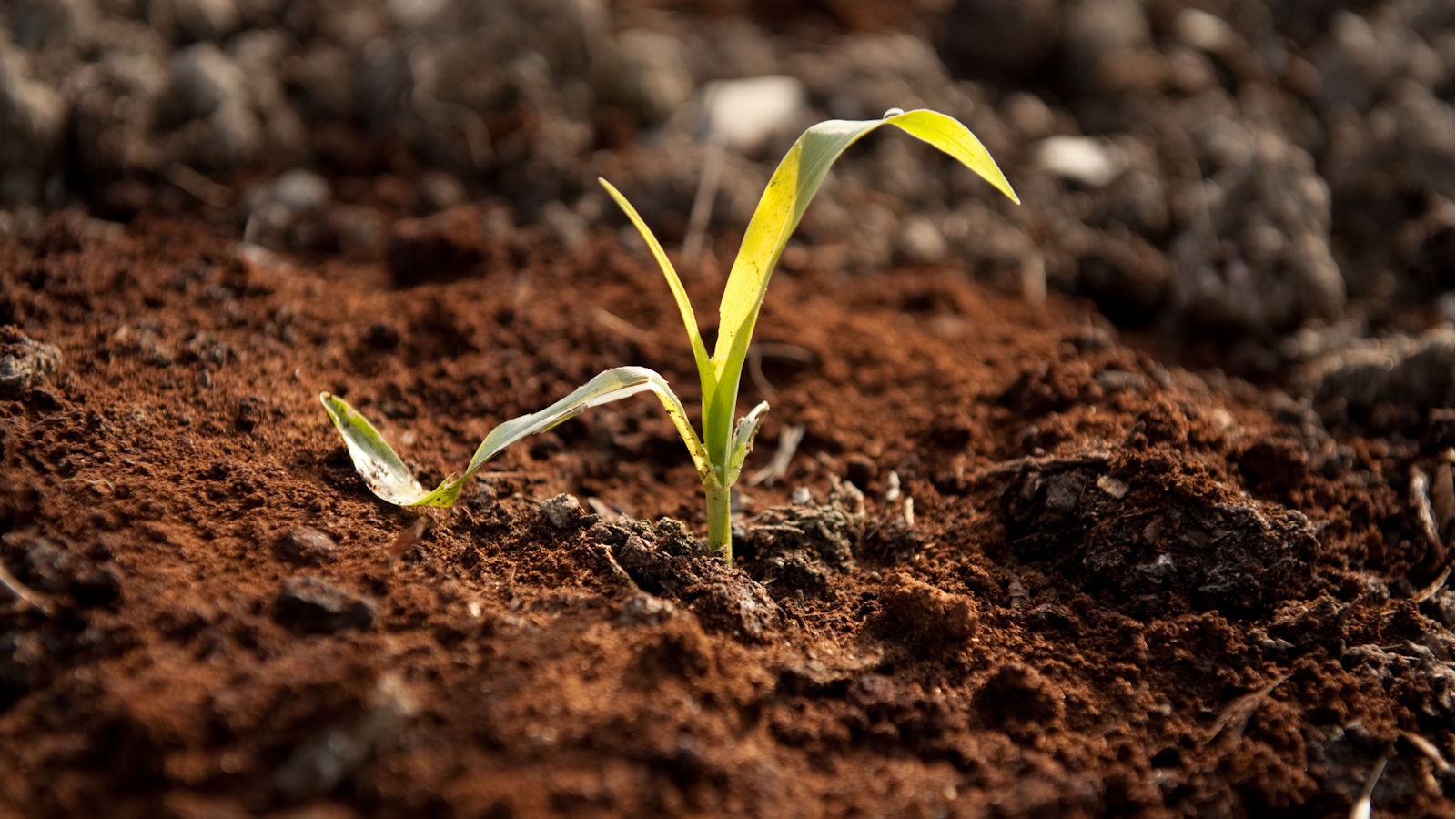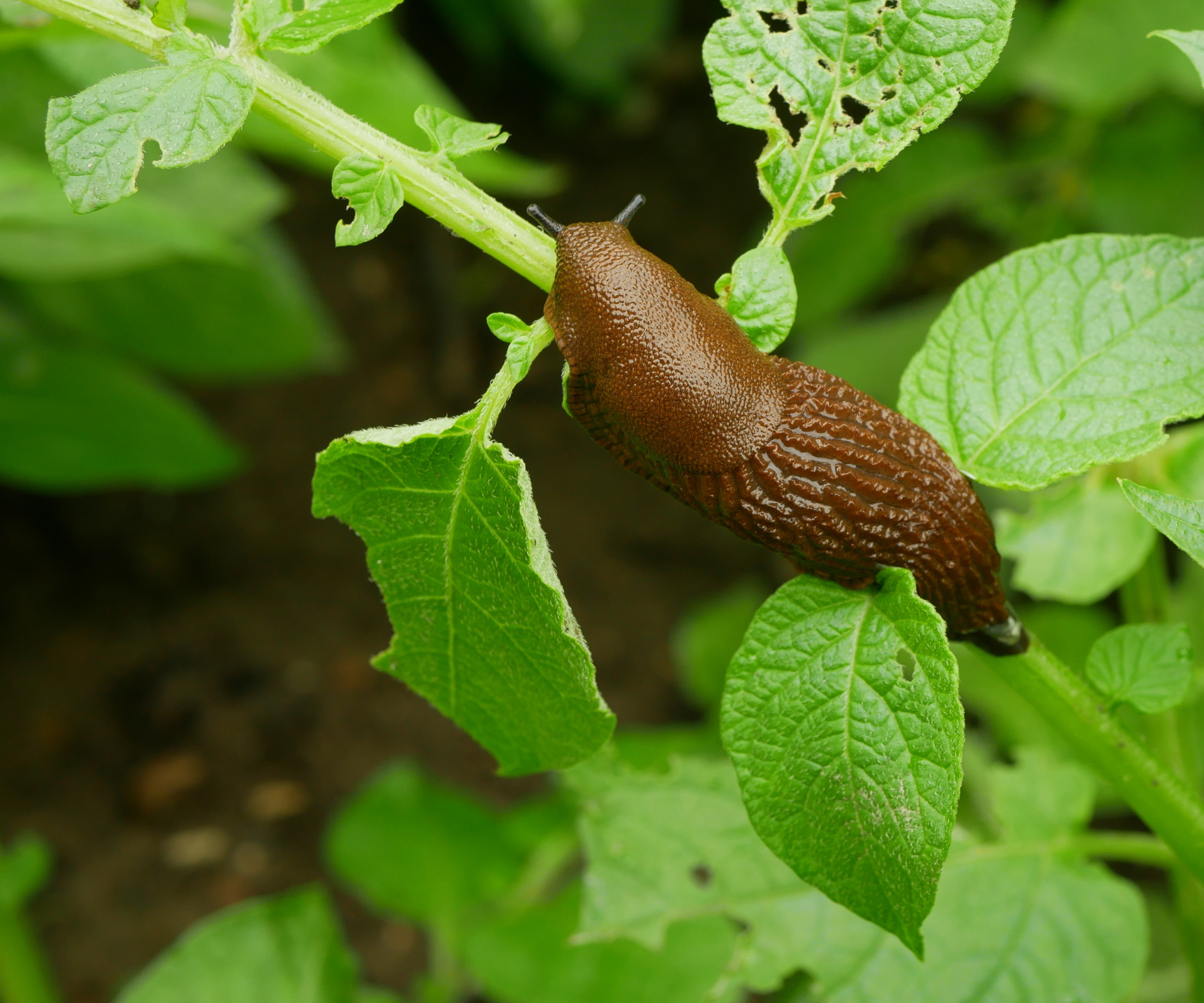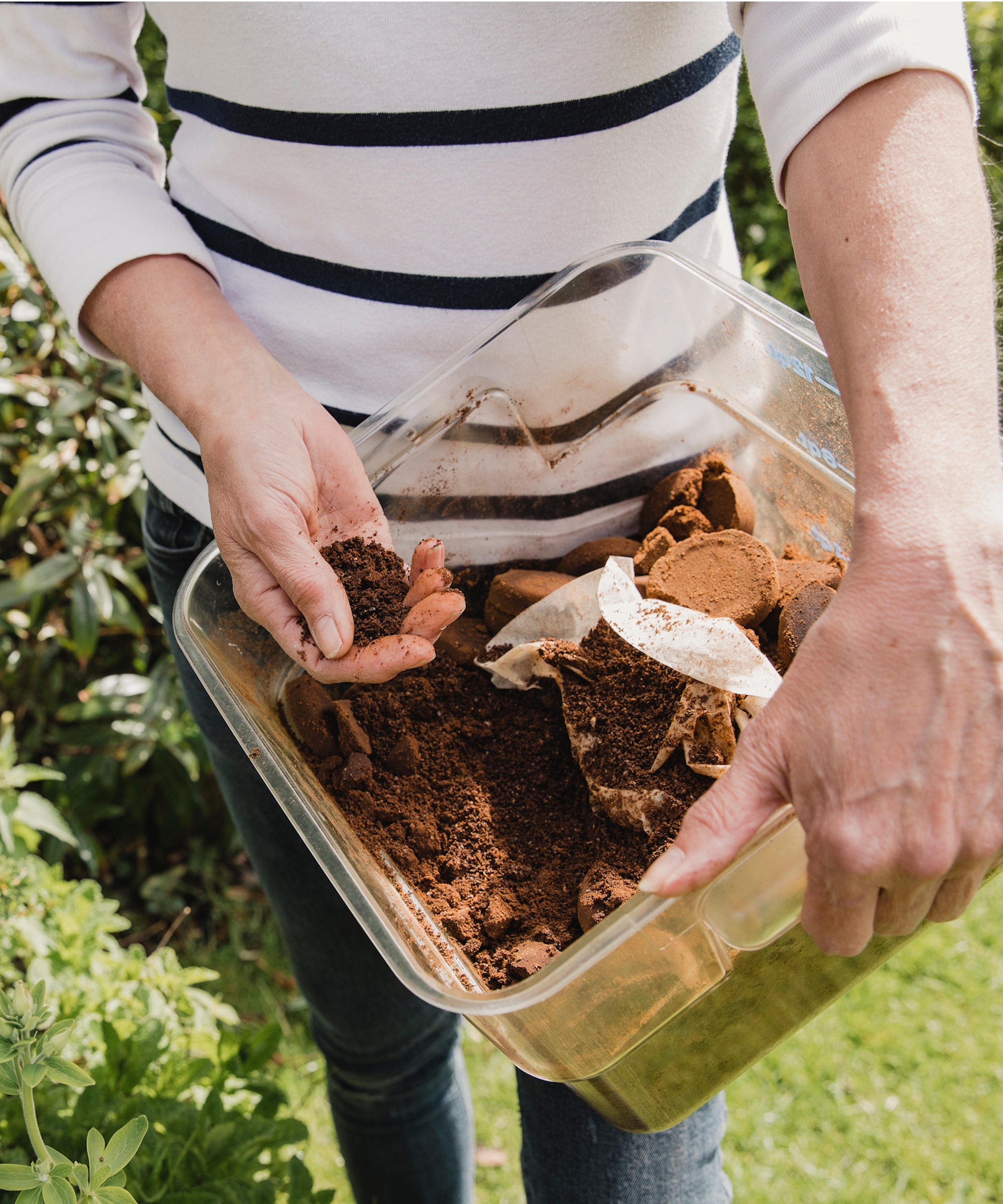This one item you throw away daily is guaranteed to stop slugs in their tracks – save it from the bin and use it for effective pest control instead
The smell and texture of coffee grounds discourages slugs coming close to your crops


Dealing with pests is just part-and-parcel of being a gardener. If you grow vegetables in particular, you're likely familiar with the constant battle against slugs. That's why you need to stop throwing away your coffee grounds and use them to create a protective barrier in your yard instead.
When it comes to slug control methods, there are few things more effective than using coffee grounds to deter slugs. The strong aroma of coffee grounds, plus their gritty texture, is unappealing to these leaf-munching pests.
You simply have to spread coffee grounds in your yard to help get rid of slugs, so it's worth keeping hold of them after making your morning brew. Here's what you need to know about following this specific slug control hack successfully.
Why do coffee grounds deter slugs?

There are a few reasons why you can use coffee grounds to deter slugs.
Just like the best pest-repellent plants, coffee grounds have a strong scent that slugs, and other pests, cannot stand.
Not only this, but caffeine is also neurotoxic to slugs. This means when they come into contact with it, it affects their nerves and slugs can become paralyzed.
Plus, the gritty texture of coffee grounds is unpleasant to slugs and will stop them crossing over it - similar to many slug-repellent plants.
How to use coffee grounds to deter slugs

'You can use coffee grounds to deter slugs from a kitchen garden, flower beds, and containers,' says Drew Swainston, former professional gardener and gardens content editor at Homes & Gardens.
'Try identifying the plants most at risk of slug damage, like leafy crops, and create a barrier of coffee grounds around them to keep slugs out,' he adds.
Another method is to sprinkle some coffee grounds into potting mix and combine it - a good option if you have a container garden susceptible to slugs.
Of course, you can use coffee grounds from the coffee beans (at Walmart) you use in your coffee machine, or you can purchase coffee grounds to use in the garden (from Amazon).
You can alternatively make a coffee soil drench, although this is unlikely to be as effective as coffee grounds. To do this, mix one part strong, brewed coffee with two parts water. Then water your plants accordingly.
'A bonus is coffee grounds are good for plants,' says Drew. 'They're rich in nitrogen, an essential plant nutrient, which will be released into the soil over time and encourage vegetative growth of plants,' he explains.

Drew qualified as a journalist and wrote for many websites and publications, before studying for a horticulture qualification. He worked as a professional gardener for several years, specializing in kitchen gardening. He's now bringing his expertise and passion to Homes & Gardens as a member of our team.
FAQs
Do coffee grounds harm beneficial insects?
Although coffee grounds are effective at deterring slugs, and other pests, they can possibly harm beneficial insects. This includes earthworms and pollinators which can be impacted by the toxins in caffeine, even causing them possible death. For this reason, you can choose to use coffee grounds sparingly in the garden, only targeting zones impacted by severe slug damage.
It's wise not to rely on coffee grounds solely to protect your plants from slugs, you should also take action to stop slugs destroying plants. This includes growing crops in a greenhouse or cold frame, where they aren't able to get to them, until they are more mature and less likely to be eaten.
Sign up to the Homes & Gardens newsletter
Design expertise in your inbox – from inspiring decorating ideas and beautiful celebrity homes to practical gardening advice and shopping round-ups.

Tenielle is a Gardens News Writer at Homes & Gardens. She holds a qualification in MA Magazine Journalism and has over six years of journalistic experience. Before coming to Homes & Gardens, Tenielle was in the editorial department at the Royal Horticultural Society and worked on The Garden magazine. As our in-house houseplant expert, Tenielle writes on a range of solutions to houseplant problems, as well as other 'how to' guides, inspiring garden projects, and the latest gardening news. When she isn't writing, Tenielle can be found propagating her ever-growing collection of indoor plants, helping others overcome common houseplant pests and diseases, volunteering at a local gardening club, and attending gardening workshops, like a composting masterclass.
You must confirm your public display name before commenting
Please logout and then login again, you will then be prompted to enter your display name.
-
 Nolah vs Nectar – which mattress brand is best on test?
Nolah vs Nectar – which mattress brand is best on test?I set the Nolah Original Mattress and the Nectar Memory Foam Mattress head to head to see which mattress offers the best performance at the lowest price
By Emilia Hitching Published
-
 6 essential money-saving spring cleaning hacks – save as you spruce
6 essential money-saving spring cleaning hacks – save as you spruceSpring cleaning doesn’t need to come with a hefty price tag
By Andy van Terheyden Published